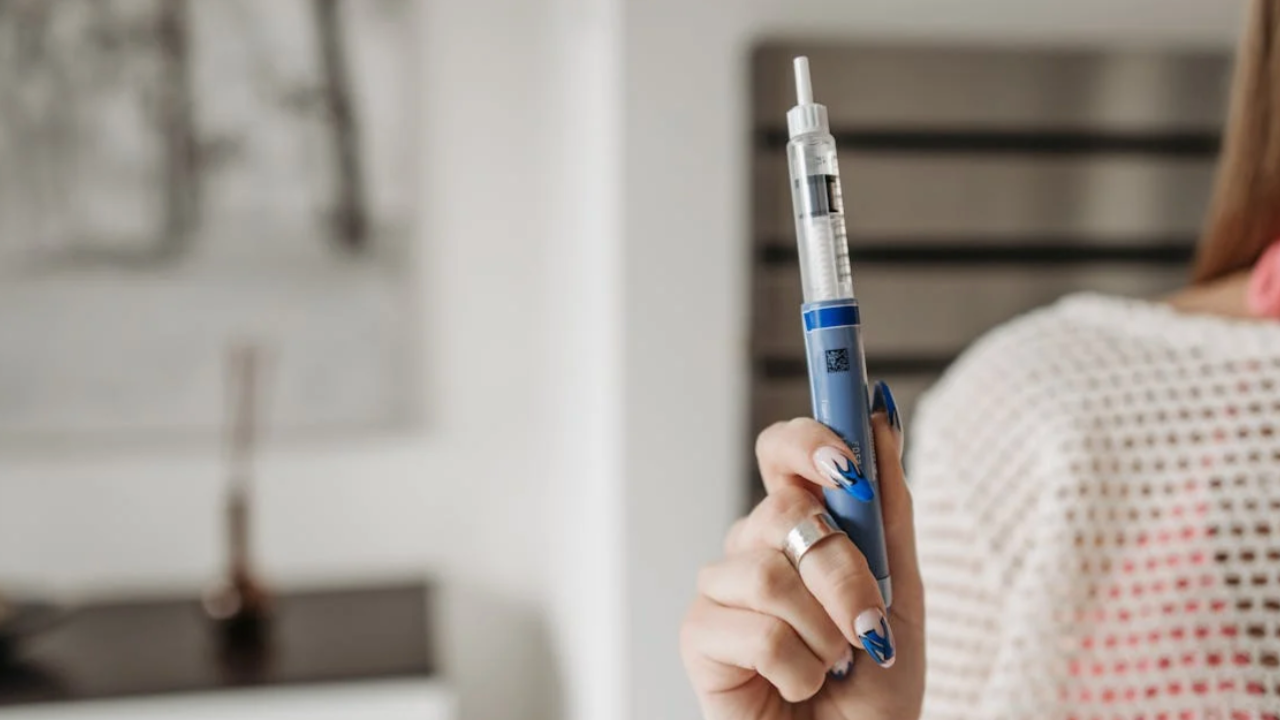3 Quick Ways to Lower Blood Sugars for Diabetics

Living with diabetes can sometimes feel like a never-ending game of guessing.
Whether it's figuring out how much insulin to take, how to handle high blood sugar, or just getting through a meal without the frustration of unpredictable blood sugar spikes, it can be tough. For those with Type 1 diabetes (T1D) and Type 2 diabetes (T2D), blood sugar management is a constant balancing act. But the good news is that there are strategies to help manage high blood sugars quickly and effectively, and a diabetes dietitian can be a crucial part of that process.
1. Take an Insulin Injection
For those living with Type 1 diabetes or insulin-dependent Type 2 diabetes, the first and most obvious solution to high blood sugar is to take insulin. However, many people don't realize that sometimes, injecting insulin manually—rather than relying solely on a pump—can be more effective. If a blood sugar level is stubbornly high, it may be due to a malfunctioning insulin pump site or poor absorption. In these cases, taking an insulin injection can deliver insulin more directly into the bloodstream and bring those blood sugar levels down faster.
For maximum effectiveness, consider injecting into a muscle rather than subcutaneous fat. Muscles are metabolically active and absorb insulin faster, helping to reduce high blood sugars more quickly. A diabetes dietitian can provide personalized advice on managing insulin injections effectively, depending on the individual’s needs.
2. Go for a Walk
Exercise is another powerful tool for managing blood sugar. While intense exercise can sometimes cause a dip in blood sugar due to the rapid consumption of glucose, low-intensity activity, such as walking, can help reduce high blood sugar.
Muscles use glucose as energy when walking, pulling excess sugar from the bloodstream. This helps lower blood sugar levels gradually and can be done anywhere. Even a 10-minute walk in place while watching TV can make a significant difference in blood sugar management. A Type 2 diabetes dietitian or a Type 1 diabetes dietitian can guide you on how much physical activity is appropriate and how to balance it with insulin doses.
3. Hydrate, Hydrate, Hydrate
Another often overlooked factor in blood sugar management is hydration. When blood sugar levels are high (over 180 mg/dL), the body begins to flush out excess sugar through urine. While this is a natural process, it also leads to the loss of water and electrolytes, which can make things worse. Drinking plenty of water can help replenish lost fluids, support kidney function, and assist in the removal of excess glucose.
Sometimes, simply drinking water can cause blood sugar to drop by helping the body balance out the excess glucose in the bloodstream. Keeping hydrated is especially important for people with both Type 1 and Type 2 diabetes, as dehydration can lead to complications.
Conclusion
Managing diabetes effectively requires more than just reacting to high blood sugar episodes. It’s about proactive management, learning how to eat well, exercise properly, and make the best choices for long-term health. A diabetes dietitian is an invaluable resource in this journey, offering expert advice on meal planning, blood sugar management, and exercise routines that are tailored to each person’s individual needs.
Whether you’re struggling to bring your blood sugar down after a high or you’re looking for strategies to better manage your diabetes day-to-day, a diabetes dietitian can provide the education and support needed to make it all feel a little less like guessing and a lot more like mastering your health.
If you're looking for support with your diabetes management, a T1D dietitian or T2D dietitian can help you take control and live the active, vibrant life you deserve. Reach out to a diabetes educator today and start building the skills needed to feel confident and in control of your diabetes management.

